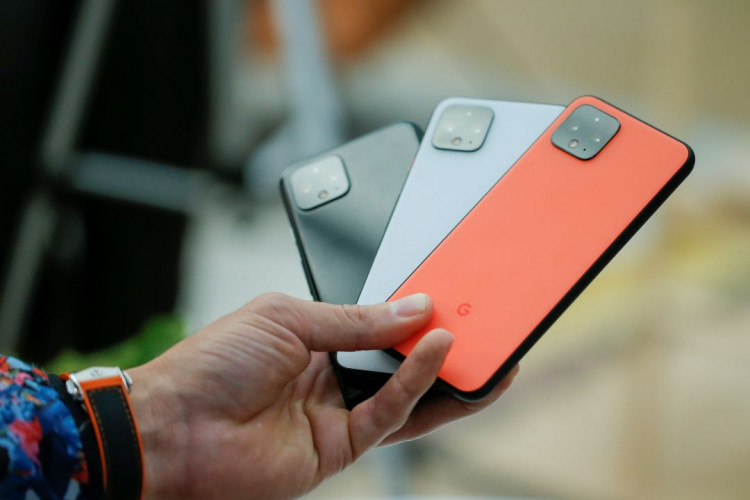A new report claims that Google may soon use its own line of processors for its Pixel phones and Chromebook laptops. It's something that the search giant is yet to confirm or deny, but it seems a logical step for the company, considering it has a history of using custom silicon on its products.
Both the Pixel 2 and Pixel 3 series had the Pixel Visual Core image processor, and the Pixel 4 had a Neural Core that leveraged machine learning. While we're taking the report with a grain of salt, it already sounds like Google may succeed in this endeavor.
Google has been linked with making custom chipsets previously, but this new report from Axios says the company has made "significant progress" in developing its own processors. The publication notes that the company may have Pixel phones powered by its in-house solution as early as 2021 and that chipsets could even end up on Chromebook laptops.
Google's chips are codenamed Whitechapel and were reportedly designed in partnership with Samsung. It's set to be manufactured on Samsung LSI's 5nm manufacturing node. To compare, Qualcomm's Snapdragon 865 is built on 7nm node, so a shrink to the 5nm node is potentially for next year's designs.
The Whitechapel chipset is reportedly designed with Google's machine-learning technology in mind and will offer eight ARM cores. It will also include a custom silicon to enhance the function of the "always-on" capabilities of Google Assistant. Qualcomm also has this feature on its Snapdragons, so Google having the feature makes a lot of sense.
While not surprising, Google designing its own processors is a big deal. So far, Apple is the only company that's been able to achieve vertical integration on its devices. All the others had to use Qualcomm's chipsets or make their own designs, such as Huawei's Kirin and Samsung's Exynos processors. And yet, both companies have to rely on Google for the software, so it really is interesting if the search giant comes up with its own designs.
Integrating hardware and software seamlessly should be easy for Google -- it has been pirating chip designers from Intel and Apple in recent years after all. There's a lot of sense to the report; it may have been Google's plan all along.
We'll find out next year if the next batch of Pixel phones will have Whitechapel powering them. If we're lucky, we may hear an announcement from Google before the year ends. Hopefully, the pandemic won't stall any of its plans.




